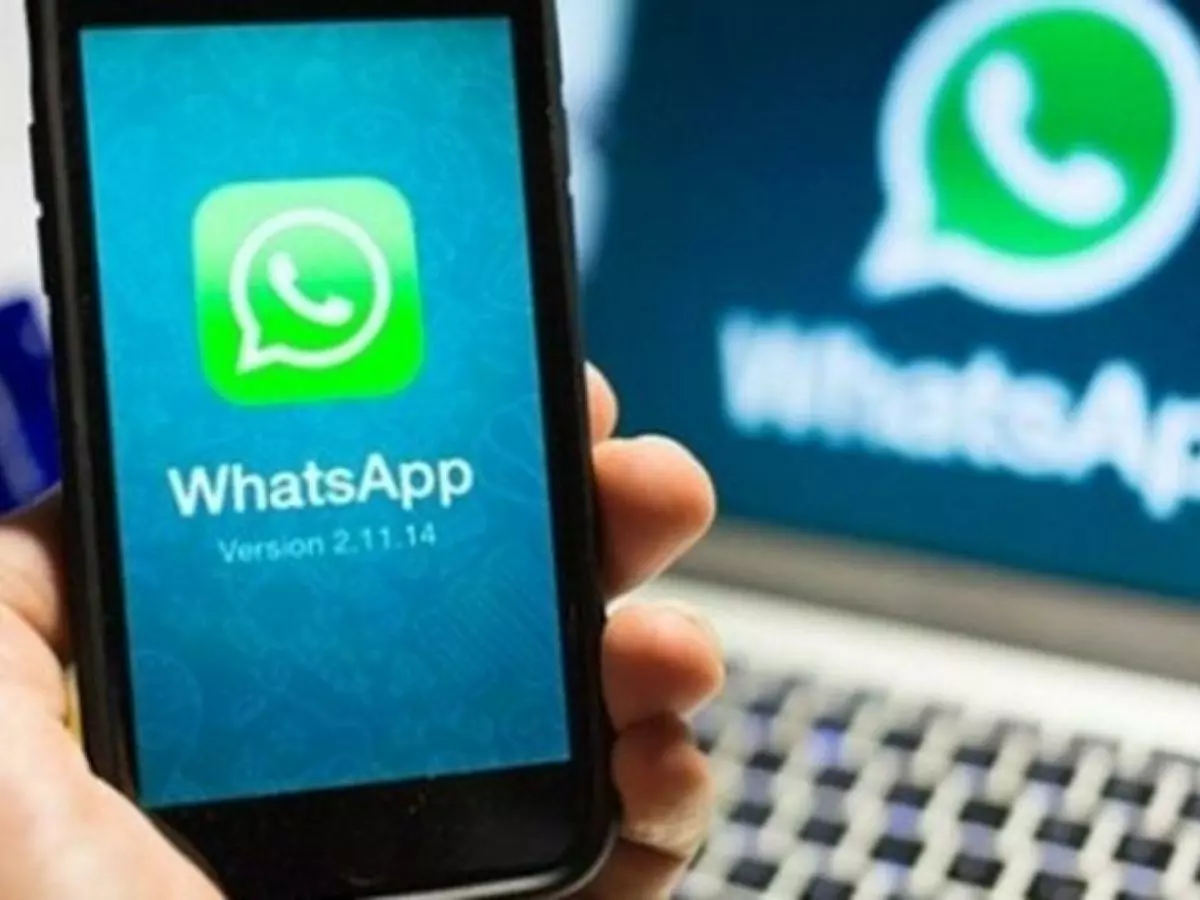NCB Drug Case: WhatsApp Officially Denies Any Chats Being Leaked Out
WhatsApp on Thursday reiterated that its messages are end-to-end encrypted and hence cannot be accessed by a third party. Comes as speculations arise over how the old WhatsApp chats of Bollywood celebrities were accessed by the Narcotics Control Bureau under the Sushant Singh Rajput case investigation.

Instant messaging app WhatsApp on Thursday reiterated that its messages are end-to-end encrypted and hence cannot be accessed by a third party. The reassurance comes as speculations arise over how the old WhatsApp chats of Bollywood celebrities were accessed by the Narcotics Control Bureau under the Sushant Singh Rajput case investigation.
In the latest development to the case, the NCB has summoned actors Deepika Padukone and Shraddha Kapoor for interrogation. The actors were roped in on the basis of WhatsApp chats dating back to 2017.
These chats were accessed from the cellphone of Jaya Saha, talent manager of Sushant Singh Rajput. Jaya's name emerged in the case after a chat between her and Rhea, now in jail in connection with the drugs case, was accessed by the Enforcement Directorate.
 (Representative Image: Reuters)
(Representative Image: Reuters)
The question that, hence, has arisen in the minds of many is how are these chats being accessed by the NCB, some of which might have been deleted from the phones. As people begin to question the privacy of chats on WhatsApp, the Facebook-owned app has now issued a statement clarifying its security measures in place.
"WhatsApp protects your messages with end-to-end encryption so that only you and the person you're communicating with can read what is sent, and nobody in between can access it, not even WhatsApp. It's important to remember that people sign up on WhatsApp using only a phone number, and WhatsApp doesn't have access to your message content," a WhastApp spokesperson said.
"WhatsApp follows guidance provided by operating system manufacturers for on-device storage and we encourage people to take advantage of all the security features provided by operating systems such as strong passwords or biometric IDs to prevent third parties from accessing content stored on device," the spokesperson added.
So how did NCB access the chats?
It is believed that the NCB used a mobile phone cloning technique to access the old chats of the people in interrogation. The technology has been around for more than a decade and can be used to access WhatsApp back-up chats, from the cloud they are stored on.
 (Representative Image)
(Representative Image)
Cloning essentially copies the data and the cellular identity of the target phone into a new phone. Though it is not legal for individuals to conduct such practices, authorities can use the same for an investigation.
The thing to note here is that while messages on WhatsApp are end-to-end encrypted in themselves, the media and chat back-up on the app is saved on the cloud. For Android users, this back-up is on Google Drive while iPhone users store this on iCloud. These back-up cloud services are not protected by WhatsApp's end-to-end encryption.
The back-up of any WhatsApp chat can thus be retrieved from the cloud by a cloning device. Similarly, an entire group chat can be retrieved from a single users chat back-up.
It is yet to be seen how the case takes its course but if any privacy concerns had risen in your mind around WhatsApp chats being accessed remotely, know that these chats are not so easily obtained and can only be accessed by a third party following a legal investigation.
(With inputs from IANS)
